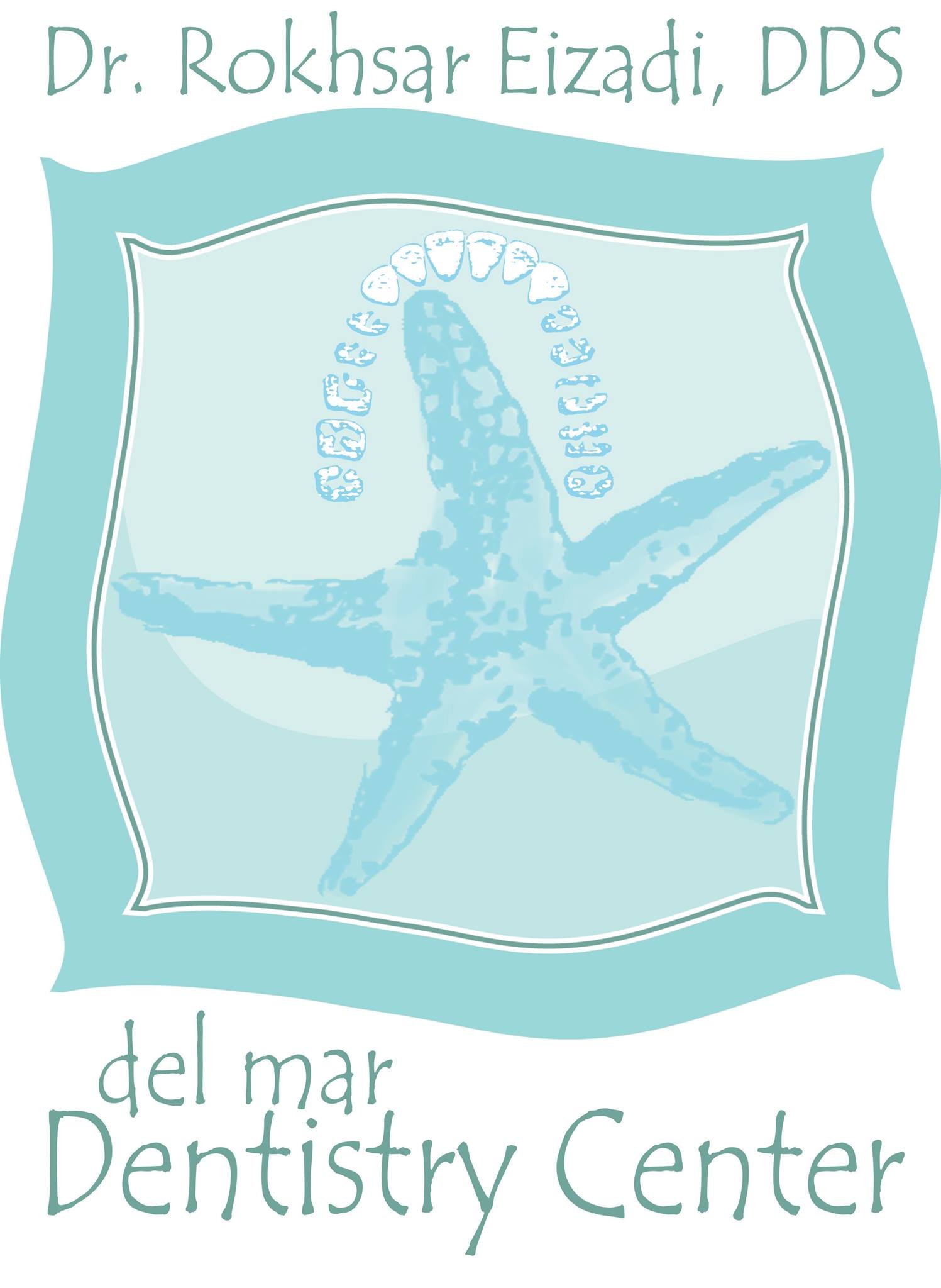TMJ
The prevalence of temporomandibular joint disorder (TMD) among adults in the United States is 5%-12%, according to the National Institute of Dental and Craniofacial Research. At Del Mar Dentistry Center in Del Mar, California, Dr. Eizadi knows that the symptoms of TMJ disorders go beyond a painful jaw and include neck pain and headaches. Dr. Eizadi and her skilled dental staff offer innovative and proven-successful solutions to help you find relief from the complications and pain of TMJ disorders and excessive teeth grinding and clenching. Call or schedule here to learn more.
What is TMJ?
The temporomandibular joint (TMJ) refers to the hinge joint that attaches your jaw to the bottom of your temporal skull bones. You have two temporomandibular joints, one on either side of your jaw that is surrounded by muscles that enable you to open and close your mouth, chew your food, talk, and yawn. Temporomandibular joint disorder (TMD) refers to problems with your temporomandibular joint.
What causes TMD?
The exact cause of TMD isn’t clear, but some dental experts point to jaw bone or muscle complications from a variety of causes, including:
Injury, accident, or trauma to the jaw, head, or neck, such as whiplash
Arthritis in the joint and underlying inflammation
Stress that can lead to clenching the jaw or tightening the facial and jaw muscles
TMD might also occur as a result of grinding or clenching your teeth and putting excessive pressure on the joint, which usually occurs unknowingly while you sleep.
What are the symptoms of TMD?
The primary symptom of TMD is moderate to severe pain, soreness, and discomfort in the joint and surrounding area. Other symptoms of TMD include:
Problems when trying to open the mouth wide
Jaws that become stuck, either when the mouth is open or closed (locked-jaw)
Tenderness and pain from the TMJ that may spread to the neck, shoulders, and ears
Popping, clicking, and grating sounds from the TMJ during movement
Swelling in the face around the jaw
Difficulty chewing and toothaches
Headaches, dizziness, and earaches
Hearing difficulty and ringing in the ears – tinnitus
Bruxism, or teeth grinding, is a common cause of problems associated with the jaw hinge joints. Some people find they’re subconsciously grinding their teeth due to anxiety and stress.
What are the treatments for TMD?
When you receive treatment for TMD, you can expect an assessment of your current dental health, health concerns, and TMD symptoms. Dr. Eizadi uses these factors collectively to devise an individualized treatment plan and determine the right treatment approach for your case.
Your treatment plan might include using a splint or night guards to prevent daytime or nighttime teeth grinding, and medications, such as muscle relaxants and anti-inflammatories.
Dr. Eizadi typically recommends a method to replace missing teeth like bridges and crowns, braces, or aligners to correct your bite, balance biting surfaces, and restore your smile.
Find relief from TMJ pain and use the online booking tool or call the office to get started.
